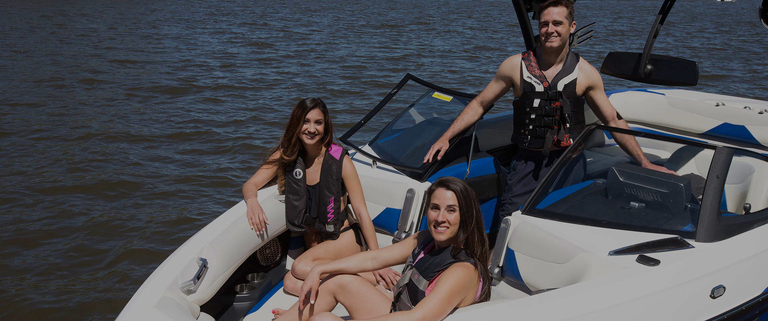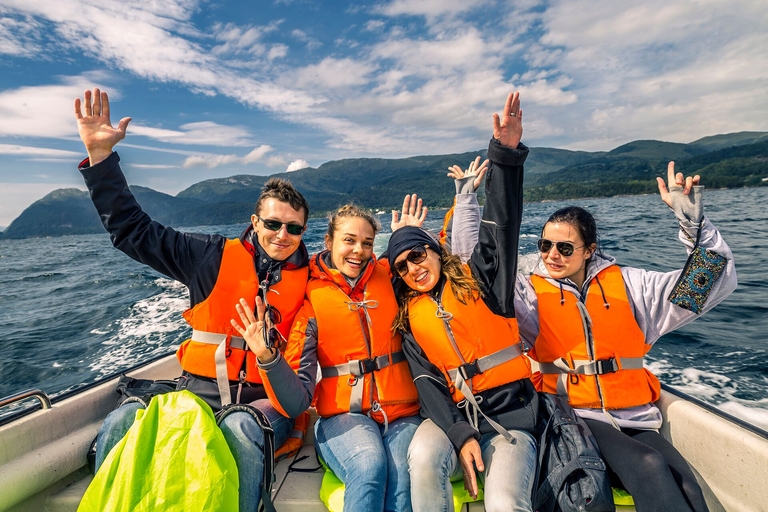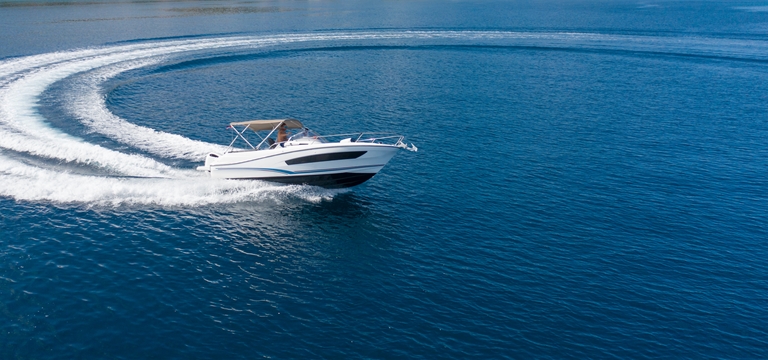Boat-Ed's 5 Safe Boating Tips for the July 4th Weekend
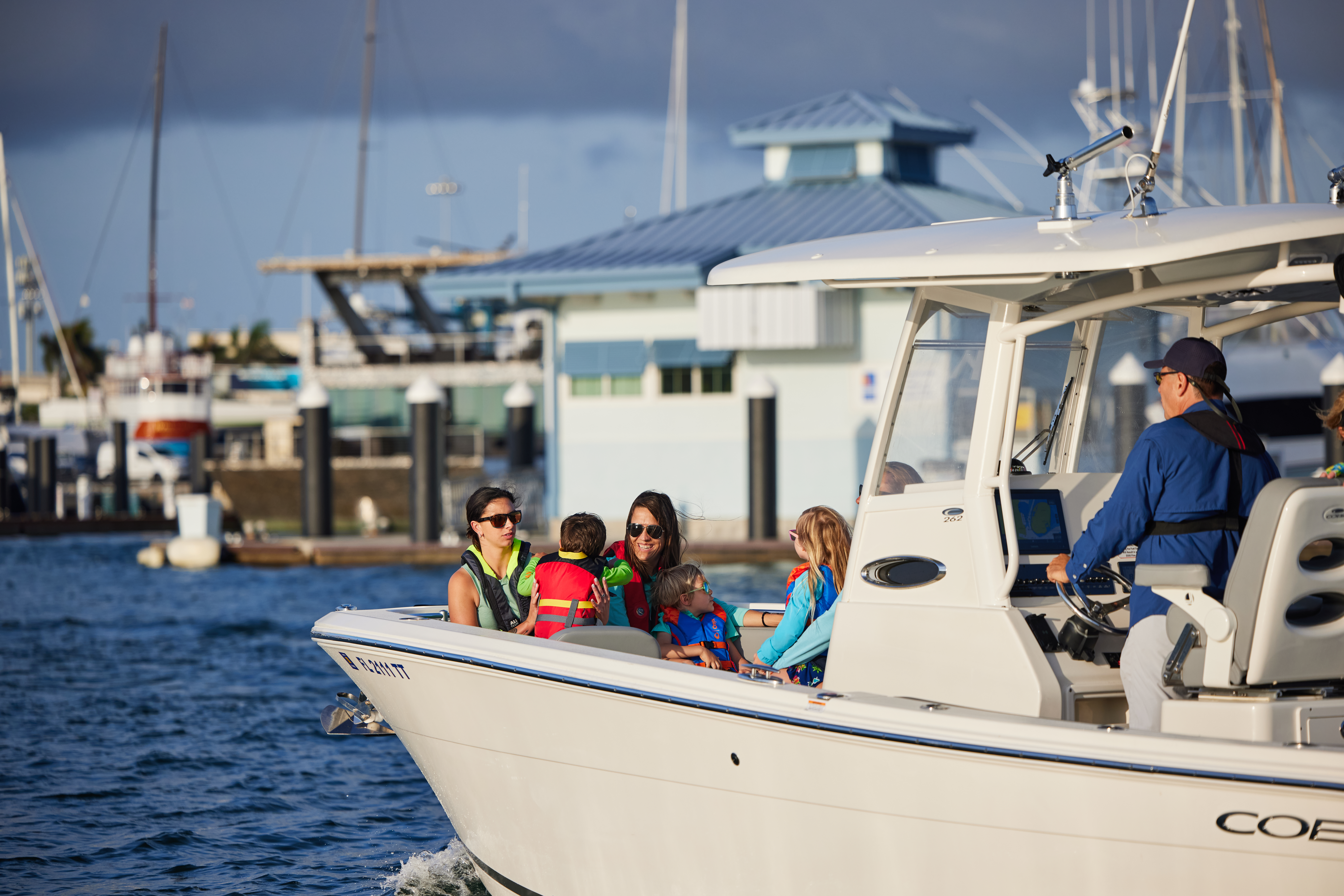
Did you know that historically, July has been the most dangerous month for boating accidents and fatalities? 2022 was no different, with 973 reported accidents during the month of July. Of those accidents, 105 were fatal.
What can we infer from this? Well, it's pretty simple, actually. Boating activity increases during the summer months and more activity equates to a higher chance of being involved in a boating accident.
We want you to be safe, so we've collected five of the most important safe boating tips so that you and your loved ones can stay safe every Independence Day.
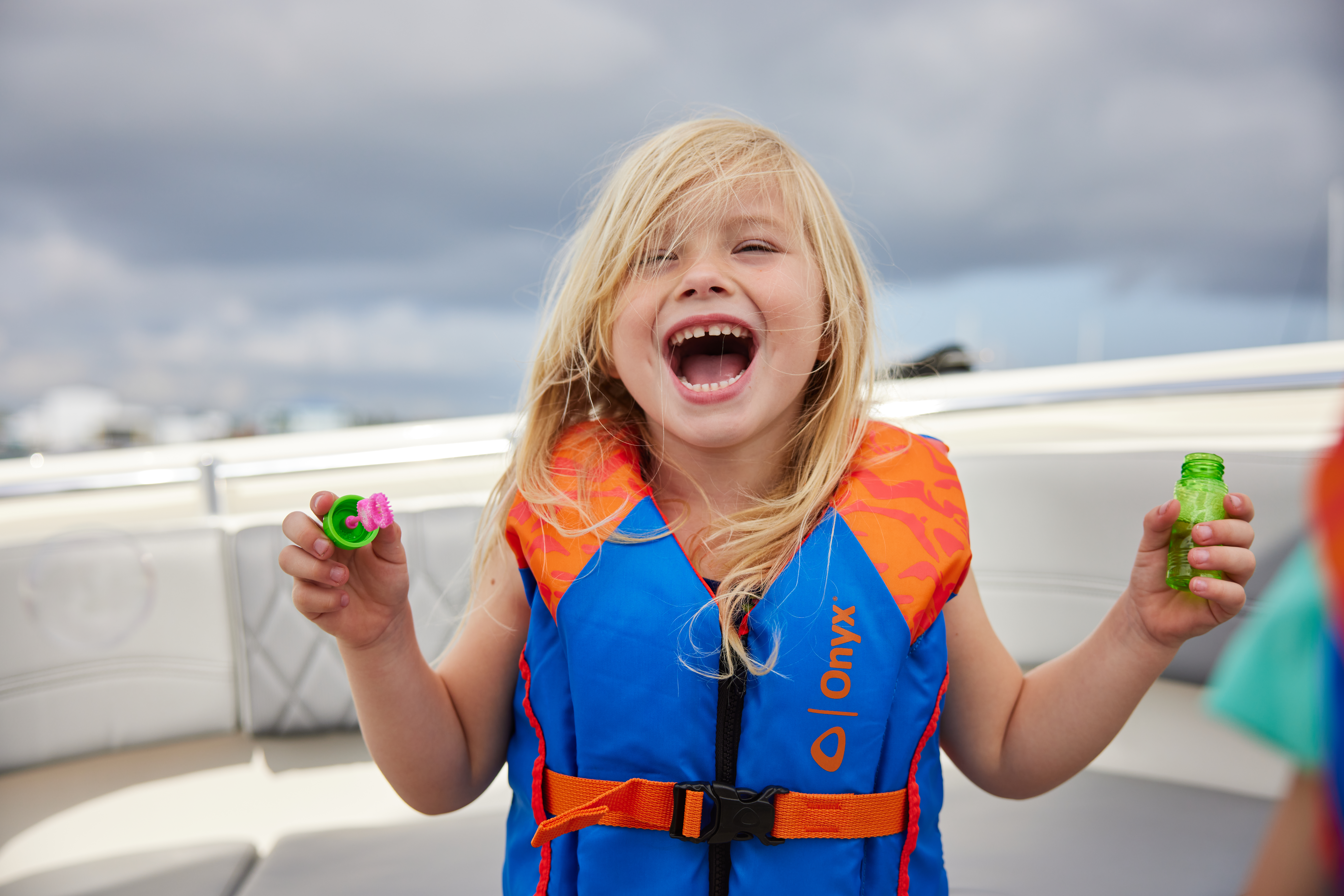
5 Safe Boating Tips for July 4th Weekend
In addition to providing state-approved boater education through online courses, Boat-Ed monitors the boating industry year-round. We know that with warmer weather comes the increased potential for boating accidents.
We also know that education and awareness are key factors in preventing accidents. Any boating safety course or training material should prepare boaters for a variety of scenarios in and out of the water.
Now, if you are like us here at Boat-Ed, you aren't going to let the fear of potential accidents keep you from enjoying some water time. Why should you?
Boaters simply need to hit the water with safety in mind. They should be aware of the causes and know how to avoid them. So, let's look at some of the major contributing factors to boating accidents and how to avoid them.
1. Avoid Alcohol Use
Don't drink and operate a boat. Not only is it dangerous, but it is illegal.
Plus, alcohol inhibits your ability to make clear decisions out on the water. The motion of the water, the sun, heat, and wind all heighten the effects of alcohol on your body and brain.
It's easy, folks: Boat sober.
2. Pay Attention
Operator inattention and improper lookout are also leading causes of boating accidents.
Have you ever heard the phrase "don't text and drive"? Well, that phrase indicates it is dangerous to distract yourself while driving a vehicle.
Operating a boat is no different. Operators and passengers should always pay attention to their surroundings and be aware of what is going on. Operating a boat requires 100% of your attention, so you can pick up on any potential hazards and avoid them.
3. Gain Experience through Boater Education
Sometimes, you just don't know what you don't know. Operator inexperience is another leading cause of boating accidents and injuries, but this issue is easily resolved.
New or inexperienced boat operators need to take a state-approved boating safety course. Not only will one of these courses help them become more experienced boat operators, but a safety certification is often a requirement for boaters in most states.
Be sure to look into your state's requirements before hitting the water.
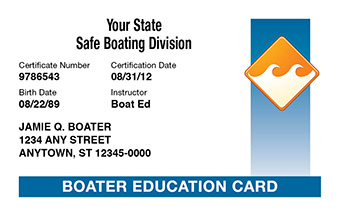
4. Slow Down
Excessive speed also contributes to boating accidents. While certain states have speed limits in certain areas or during certain times of the day, going fast is completely unnecessary in most situations.
Many boats have big engines, but there's no good reason to max them out. Reports show excessive speed is often a primary factor in boating accidents and fatalities.
So, keep your speed at a safe limit to maintain more control over the vessel and adjust your course as necessary.
5. Follow Navigation Rules
Be sure to know the correct navigation rules – and follow them. From buoys, markers, and navigation rules when crossing paths with other boats or watercraft, it's crucial to understand these elements of being on the water and follow the rules.
Check out the video below to learn more about buoys and markers and how they help you navigate the waters.
Don't Forget a Life Jacket
While the five tips we mentioned above only scrape the surface of what operators should be aware of while boating, if you hit the water with those points in mind, you'll be able to avoid any sticky situations proactively.
In addition to what we've already covered to help you stay safe for the July 4th Weekend, what is probably the most important thing you can do to stay safe while boating? Wear a life jacket!
There's one rule when it comes to life jackets: The only good life jacket is the one that's properly on your body.
Wear the life jacket, wear the life jacket, wear the life jacket! We can't stress it enough; the proof is in the pudding.
According to the United States Coast Guard 2022 Recreational Boating Statistics Report referenced earlier, drowning was the number one cause of fatalities. Furthermore, of all reported drowning cases, 85 percent of the victims were not wearing a life jacket.
What's the bottom line? Life jackets save lives, so wear one.
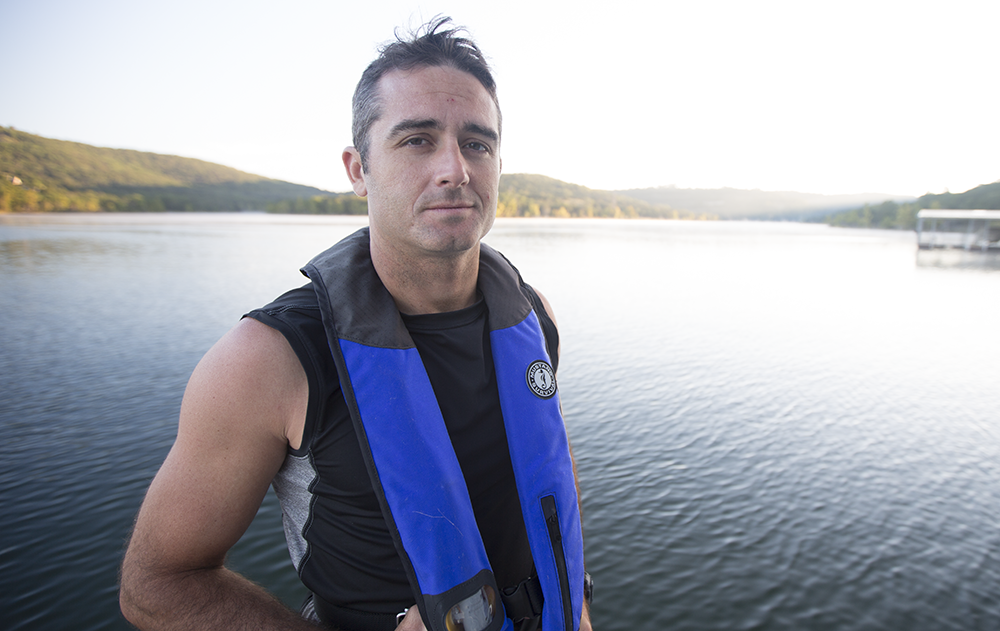
Celebrate July 4th Weekend With These Safe Boating Tips
We want you to be safe – every July 4th Weekend. We also want you to realize that there is a chance you could be involved in a boating accident. It might not be your fault, but the risk is there, so it's best to hit the water prepared.
Know the causes of boating accidents, go slow, don't drink, and wear a life jacket. Additionally, we hope you'll take a boater safety course to build your knowledge of safe boating practices, navigation, equipment, and what to do if something goes wrong.
Boat-Ed provides state-approved boating education courses to help you enjoy every outing on the water (and return home safely). Before you hit the water in July, find the course for your state and start learning!
Originally published July 2, 2014. Content updated June 29, 2023.

